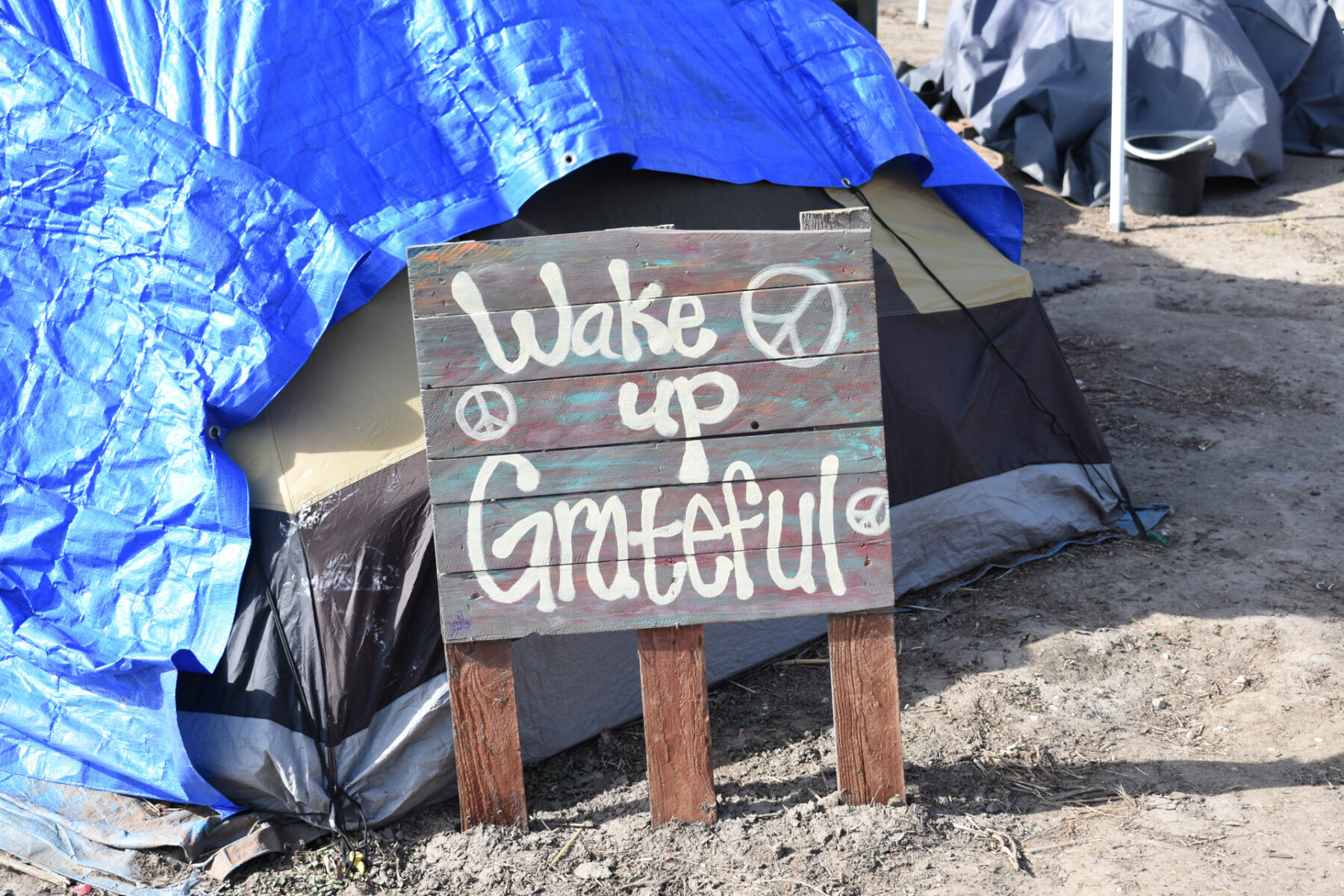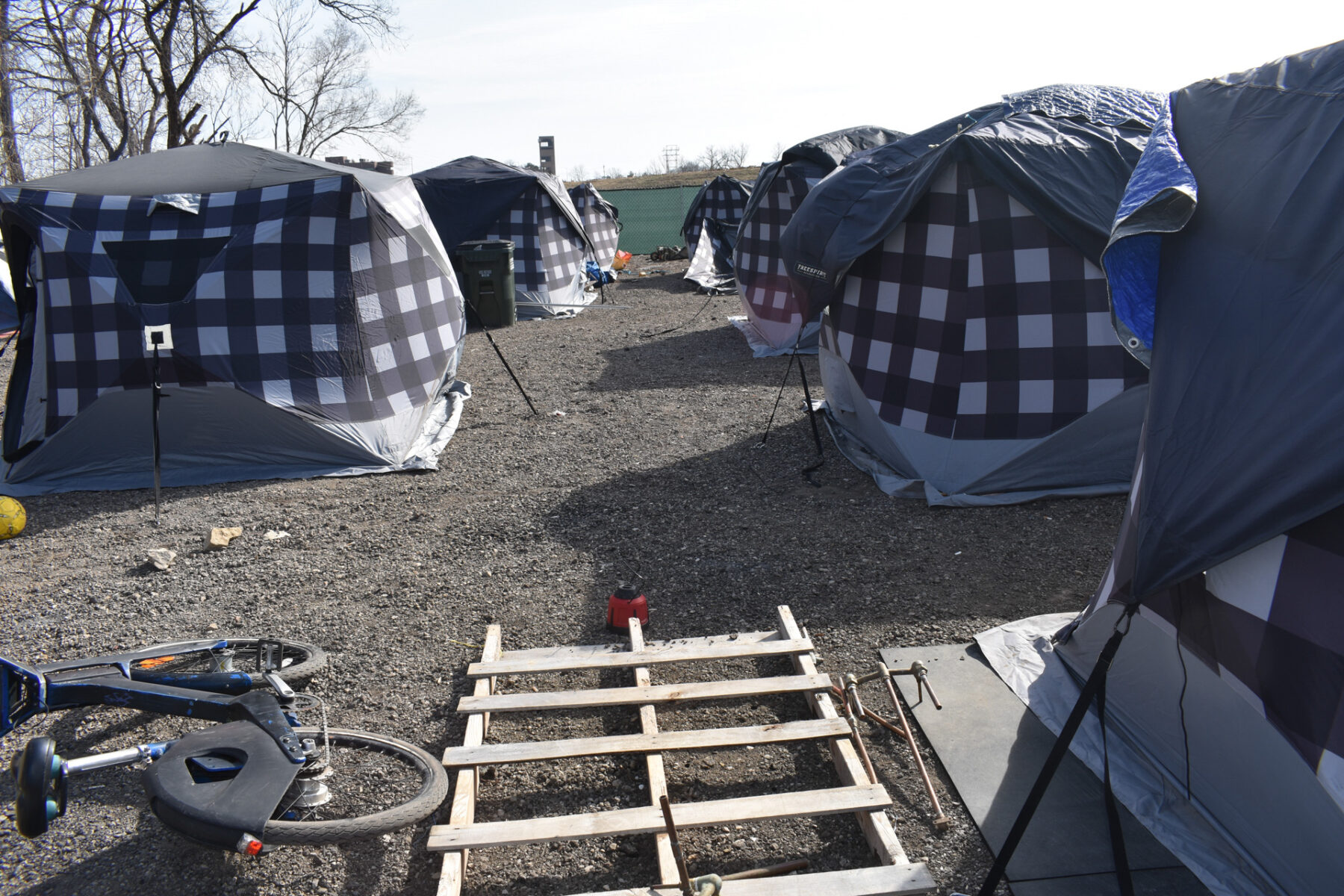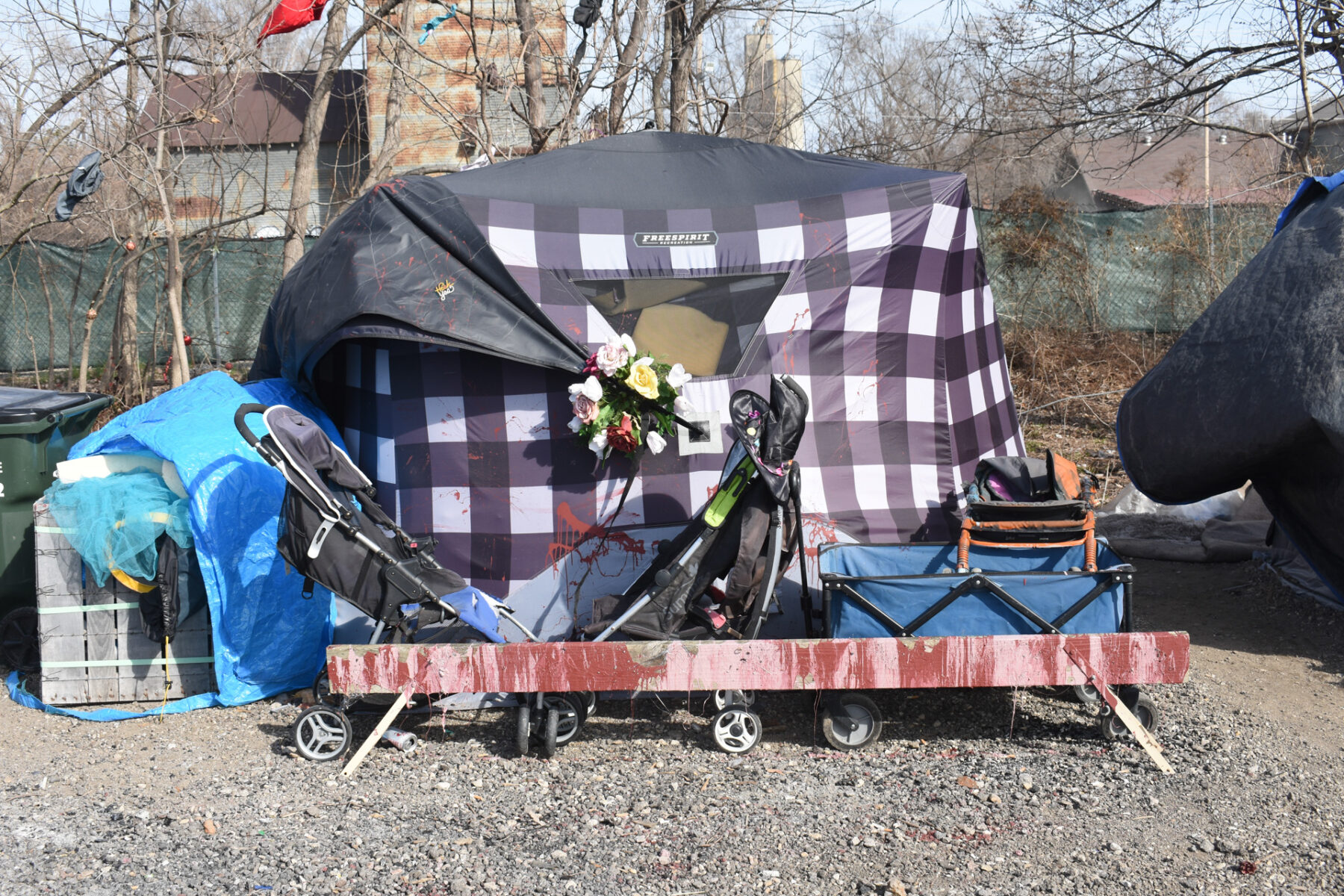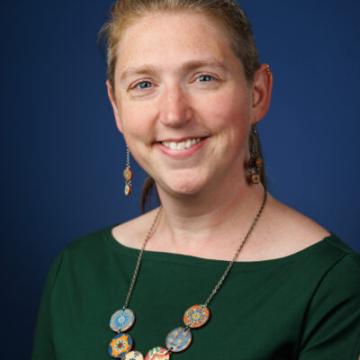“Unsettled Lawrence”: Challenging Collective Memory of Settlement Through the Oral and Public Histories of Unhoused Populations in Lawrence
Rachel Schwaller
Rachel Schwaller



Project Description
We often tell the history of Lawrence, Kansas from the perspective of settlement in the “great American desert.” Even moments of dis-settlement, such as Quantrill’s Raid, are couched as victorious resettlement. Such a narrative elevates settling (often by white “homesteaders”) while stigmatizing other forms of occupancy as non-settlement. This project, “Unsettled Lawrence,” starts from the understanding that these forms of perceived non-settlement are, in fact, a vital aspect of all communities. The project is two pronged: first, it will seek to tell a new history of Lawrence as dis-settlement rather than settlement, recognizing the ways “unsettled” populations have created Lawrence history. This will involve a deep historical examination of Lawrence documents, looking for often hidden mentions of unsettled populations. Second, this project will engage current unhoused populations in a participatory oral history, seeking to provide a space for people to tell their own stories of living in Lawrence.
Partner Details
Rachel Schwaller
Rachel Schwaller

CONTACT
rschwallr@ku.eduRachel Schwaller is a multi-term lecturer at the University of Kansas in the History Department and the Religious Studies Department.
Rachel Schwaller received her PhD in American Studies at the University of Kansas. An interdisciplinary scholar, Rachel Schwaller’s research has focused on U.S. evangelicalism, mapping the discourses white evangelicals use in the stories they tell of their pasts (especially their use of colonial legacies). This interest in modern use of colonial discourses, finding local histories, and listening to people tell their own stories led Rachel to expand her academic pursuits into her personal interest in houselessness in Lawrence, KS.
Project Details
Digital Genres:
Digital Archive / Exhibit
Historical Recovery Project
Oral History
Topics:
Gentrification
Kansas Stories